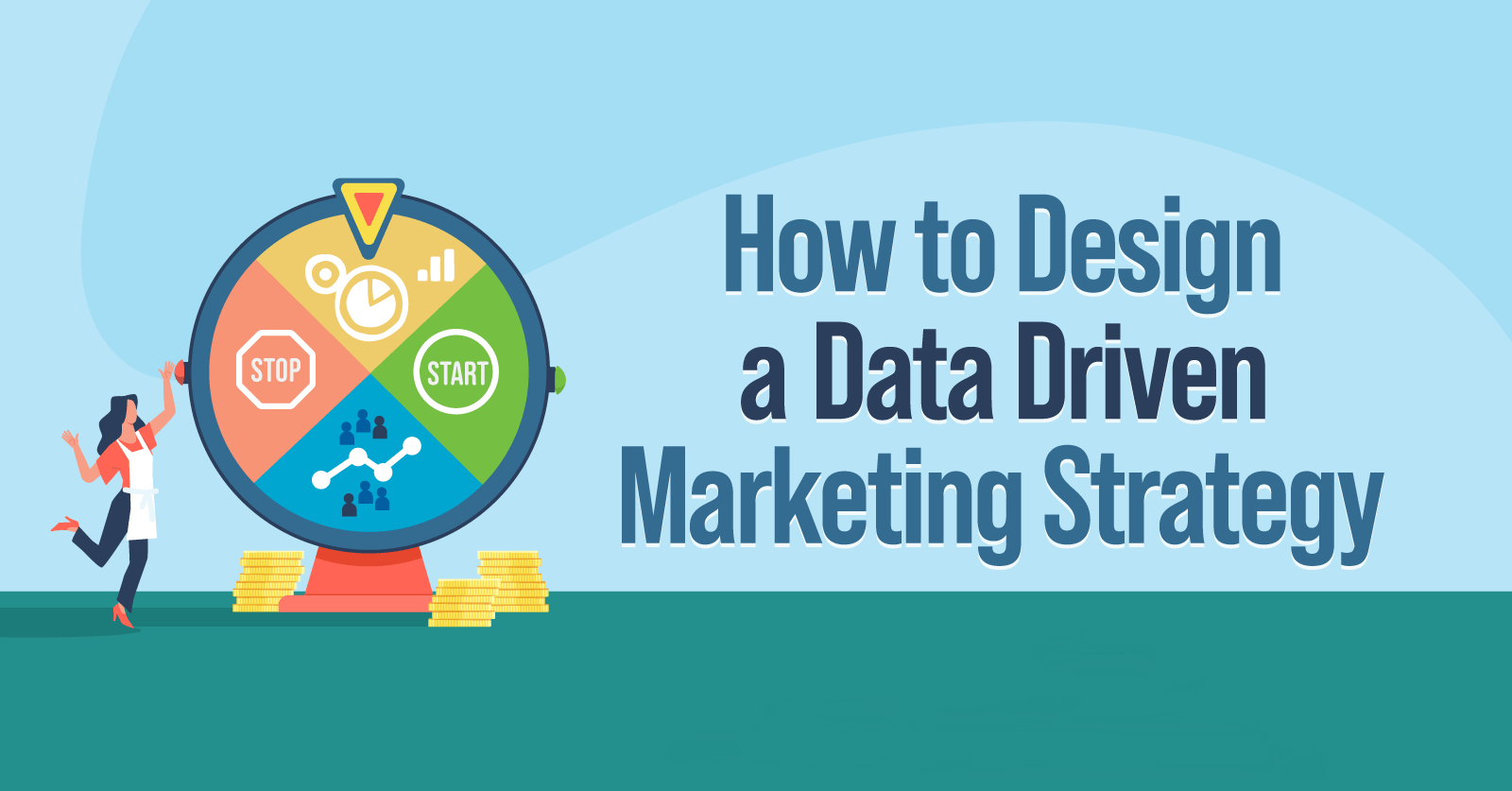In the dynamic landscape of digital marketing, staying ahead of the competition requires more than just creative ideas and compelling content. It demands a deep understanding of your audience, their behavior, and the effectiveness of your marketing efforts. This is where data-driven marketing comes into play. By leveraging data analytics, businesses can gain valuable insights into customer preferences, optimize their campaigns, and drive better results. In this comprehensive guide, we’ll explore the importance of data-driven marketing and how analytics can inform and enhance your digital strategy.
Understanding Data-Driven Marketing:
Data-driven marketing is a strategy that relies on data analysis to make informed decisions and optimize marketing activities. Instead of relying solely on intuition or guesswork, businesses use data from various sources such as website analytics, social media metrics, customer feedback, and sales data to guide their marketing efforts. By harnessing the power of data, businesses can personalize their messaging, target the right audience segments, and measure the impact of their campaigns with precision.
The Role of Analytics in Digital Strategy:
Analytics play a central role in shaping an effective digital marketing strategy. By analyzing data collected from multiple touchpoints along the customer journey, businesses can gain valuable insights into customer behavior, preferences, and interactions with their brand. Analytics tools such as Google Analytics, Adobe Analytics, and social media analytics platforms provide a wealth of data that can be used to optimize website performance, track campaign effectiveness, and identify areas for improvement.
Key Metrics to Track:
When implementing a data-driven marketing strategy, it’s essential to identify and track key performance indicators (KPIs) that align with your business goals. Some common metrics to consider include:
Website Traffic: Measure the volume of traffic to your website, including the sources, referral sources, and user demographics.
Conversion Rate: Track the percentage of website visitors who take a desired action, such as making a purchase, signing up for a newsletter, or filling out a contact form.
Customer Lifetime Value (CLV): Calculate the total revenue generated by a customer over their lifetime with your brand, helping you understand the long-term value of your customer relationships.
Return on Investment (ROI): Evaluate the effectiveness of your marketing campaigns by comparing the cost of investment to the revenue generated.
Engagement Metrics: Monitor metrics such as click-through rates, open rates, and social media engagement to gauge the effectiveness of your content and campaigns.
Personalization and Targeting:
One of the key benefits of data-driven marketing is the ability to personalize marketing messages and target specific audience segments with relevant content. By analyzing customer data and segmentation, businesses can create personalized experiences that resonate with individual preferences and interests. Personalized marketing not only enhances the customer experience but also drives higher engagement, conversions, and customer loyalty.
A/B Testing and Optimization:
Data-driven marketing enables businesses to conduct A/B testing and optimization to refine their digital strategies continually. By testing different variations of content, messaging, and design elements, businesses can identify which strategies yield the best results and optimize their campaigns accordingly. A/B testing allows marketers to make data-driven decisions based on empirical evidence rather than assumptions, leading to more effective marketing campaigns and higher ROI.
Predictive Analytics and Future Trends:
Predictive analytics is an advanced form of data analysis that uses historical data to forecast future trends and behavior. By leveraging predictive analytics, businesses can anticipate customer needs, identify emerging trends, and stay ahead of the competition. Predictive analytics can inform strategic decision-making, such as product development, pricing strategies, and marketing investments, helping businesses adapt to changing market dynamics and drive sustainable growth.
Data Privacy and Compliance:
As businesses collect and analyze customer data, it’s essential to prioritize data privacy and compliance with regulations such as the General Data Protection Regulation (GDPR) and the California Consumer Privacy Act (CCPA). Businesses must obtain consent from customers before collecting their data, ensure secure storage and transmission of data, and provide transparency and control over how their data is used. By prioritizing data privacy and compliance, businesses can build trust with customers and protect their reputation.
Conclusion
In conclusion, data-driven marketing is a powerful strategy that empowers businesses to make informed decisions, personalize customer experiences, and drive better results. By leveraging data analytics to understand customer behavior, track performance metrics, and optimize marketing campaigns, businesses can stay ahead of the competition and deliver meaningful value to their customers. As digital marketing continues to evolve, businesses that embrace data-driven strategies will be best positioned to succeed in today’s competitive landscape.


